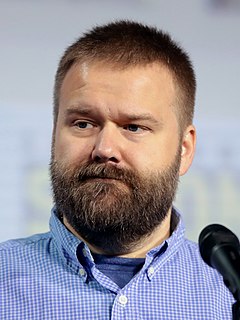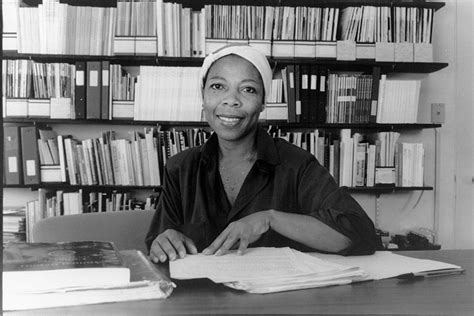A Quote by Claire Messud
If you're rich, you can leave a library, a building, or a hospital wing. But writing leaves behind a visceral sense of what it was like to be alive on the planet in a particular time. Writing tells us what it meant for someone to be human.
Related Quotes
It’s the opening of Manderlay in Cannes, and I’m sitting next to this guy who’s writing for a tiny fictitious French paper called ‘On the Sunny Side,’ and he’s writing a review on the film, and he’s obviously bored. Then he tells me about all the cars he owns, and how rich he is, and all these things... So, at a certain point, he says, "So what do you do?" Then I take out this very strange hammer we have in the Danish building business, and I say, "I kill." And then I kill him. It is as stupid as it sounds.
When you write comic books and when you are writing for television, you're not writing the end product, you are writing notes for someone else to make the end product essentially. My scripts are just directions for the artist to draw pages and the pages are what is seen. I kind of feel like it's a safety net, you're able to hide behind the art to a certain extent, and in television you're able to hide behind the actors and the production, but with novels, your words are it
Writing objects to the lie that life is small. Writing is a cell of energy. Writing defines itself. Writing draws its viewer in for longer than an instant. Writing exhibits boldness. Writing restores power to exalt, unnerve, shock, and transform us. Writing does not imitate life, it anticipates life.
As one of the first editors at 'Outside' magazine in 1975, it was my contention that most American writing going back to James Fennimore Cooper and then through Twain up to Hemingway had been outdoor writing. At that time, adventure writing meant stuff like 'Saga' or 'Argosy.' 'Death Race with the Jungle Leper Army!' That kind of thing.
I have a hard time writing. Most writers have a hard time writing. I have a harder time than most because I'm lazier than most. [...] The other problem I have is fear of writing. The act of writing puts you in confrontation with yourself, which is why I think writers assiduously avoid writing. [...] Not writing is more of a psychological problem than a writing problem. All the time I'm not writing I feel like a criminal. [...] It's horrible to feel felonious every second of the day. Especially when it goes on for years. It's much more relaxing actually to work.
Whether it's writing a monologue or writing standup or writing a screenplay or writing a play, I think staying involved in the creation of your own work empowers you in a way, even if you don't ever do it. It gives you a sense of ownership and a sense of purpose, which I think as an actor is really important.
There are two tests that we [writers] have for all of our writing: So What? and Who Cares? There is an answer to both. The answer to Who Cares is that a reader cares, if the writing is good. The answer to So What is that these ideas give us completely new understanding, change our sense of who we [people] are and why we're here [on this planet].







































